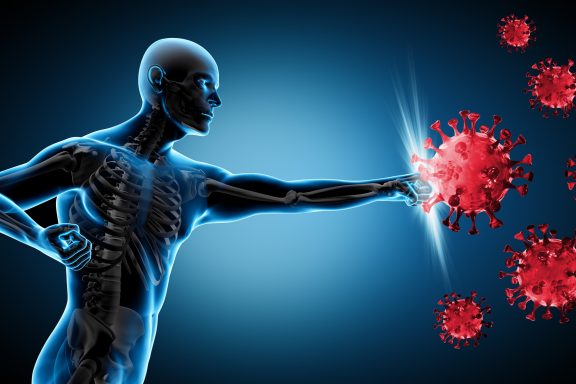
Infectious diseases remain a significant challenge to human health globally, even in industrialized nations, with recent WHO data indicating they are the leading cause of death worldwide. Various societal changes, including population growth, urbanization, increased immunosuppression, and climate change, among others, contribute to the spread and impact of these diseases. UMC Utrecht plays a crucial role in addressing these challenges through its involvement in Ecraid, aiming to advance clinical research on infectious diseases across Europe.
The immune system’s role in protecting against external threats highlights the potential of immune-based therapies. UMC Utrecht’s research, particularly within the ‘preventing inflammation’ and ‘elucidating host-pathogen interactions’ themes, focuses on leveraging the immune system to combat infections, cancer, and inflammatory diseases. The research includes developing and optimizing vaccination strategies, creating new treatments for complex infections and drug-resistant bacteria, and advancing personalized immune therapies for cancer, including novel targets like CAR T therapy and the next generation of immune checkpoint inhibitors (ICI).
Furthermore, the research seeks to provide personalized care for patients with immune-mediated inflammatory diseases (IMIDs) by utilizing molecular profiling and developing novel pain treatments. Guiding the development of evidence-based vaccination programs to reduce the burden of vaccine-preventable diseases is also a priority, along with improving treatment options for immunocompromised patients through innovative approaches like bacteriophages and therapeutic antibodies.
Research groups play a pivotal role in advancing knowledge and innovation within their respective fields. By bringing together diverse experts, they foster collaborative efforts that drive scientific and technological breakthroughs.
Discover our research groups